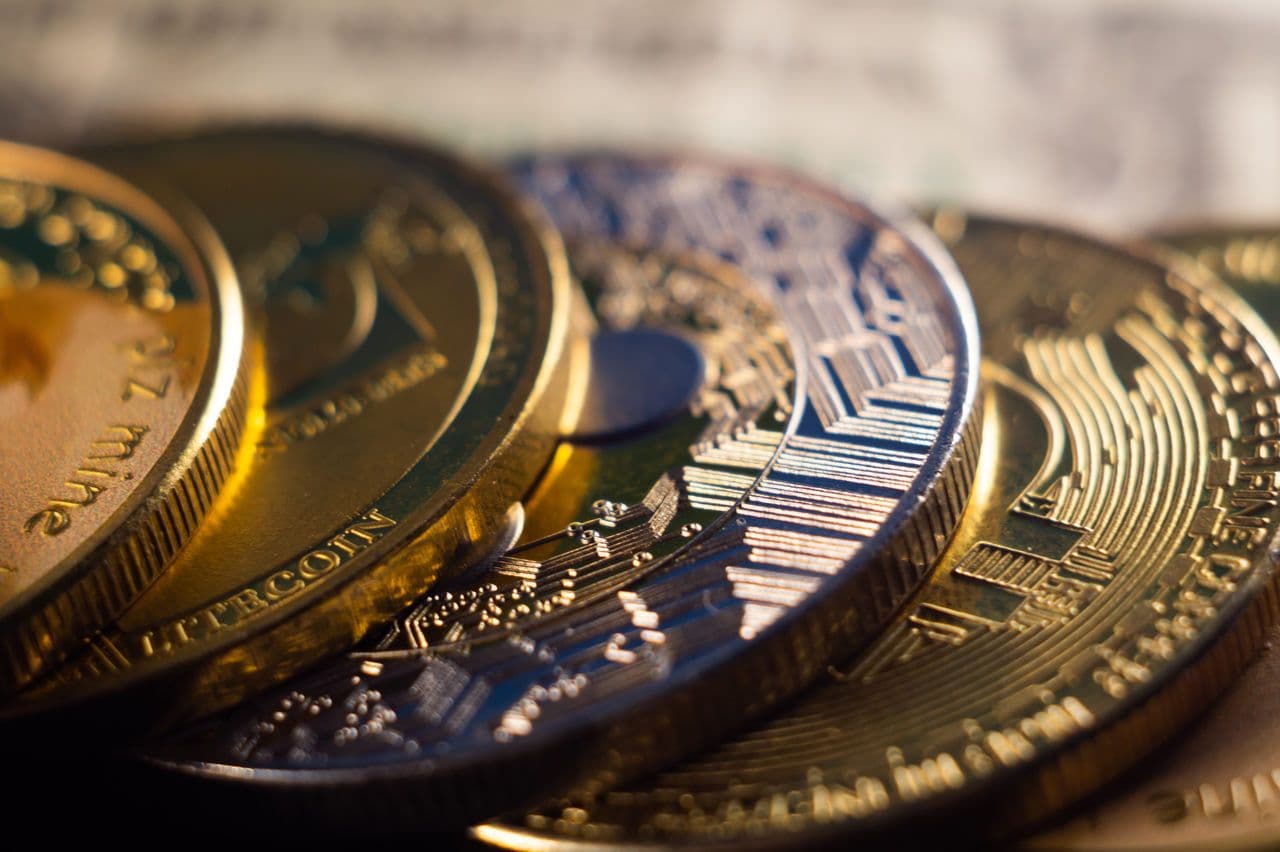How long does a Monero transfer take?
Monero is a proof of work network and quite similar to Bitcoin except for its anonymity. Of course, when a transaction is made, it must first be created on the sender device. How long this takes depends on the skill of the operator. Once the transaction has […]

Monero is a proof of work network and quite similar to Bitcoin except for its anonymity. Of course, when a transaction is made, it must first be created on the sender device. How long this takes depends on the skill of the operator. Once the transaction has been broadcast-ed on the network, it is immediately visible on the receiving device. A prerequisite is, of course, a stable internet connection. This usually takes about a second.
Monero (XMR) uses ‘ring signatures’, ‘ring confidential transactions’ and secrecy address to cover transactional data (the transacting individuals and the amount accomplished). Ring confidential transaction covers the path of the transaction and its value. Stealth addresses enable the two individuals to announce one address but accept payments through various unlinked addresses. This holds or strives to save sender and recipient data absolutely secret.
Attention, now the transaction is still ongoing. You can not be sure if the sender does not reissue the transaction. Therefore you have to wait at Monero, similar to Bitcoin, until the miner has packed it into a block and confirmed it. The Monero protocol provides that every 2 minutes (block time) a block is found. Therefore one waits on the average for 1 minute for the first confirmation. This is displayed immediately by the receiver wallet. As with Bitcoin, the more secure a Monero transaction the more it has confirmations, or the more blocks follow the block in which the transaction is located. Ten confirmations are recommended at Monero. This will take around 21 minutes in total.
Monero also has transaction fees
There is one more variable in this estimate, namely the transaction volume. The more transactions are being made, the longer the first confirmation will take. You can counter this by paying more transaction fees. The miners always take the transactions with the highest fees in the block when the network is overloaded because they are hitting them.
Conclusion
So, if you set the right transaction fee, a secure transaction should take between 20 and 25 minutes. However, it can also lead to outliers, since the confirmations of the blocks follow a probability principle. Bitcoin usually waits one hour (6 confirmations are recommended for secure transactions) until a transaction is completed. So much longer. It shows that Bitcoin is the safest proof of work network.





























